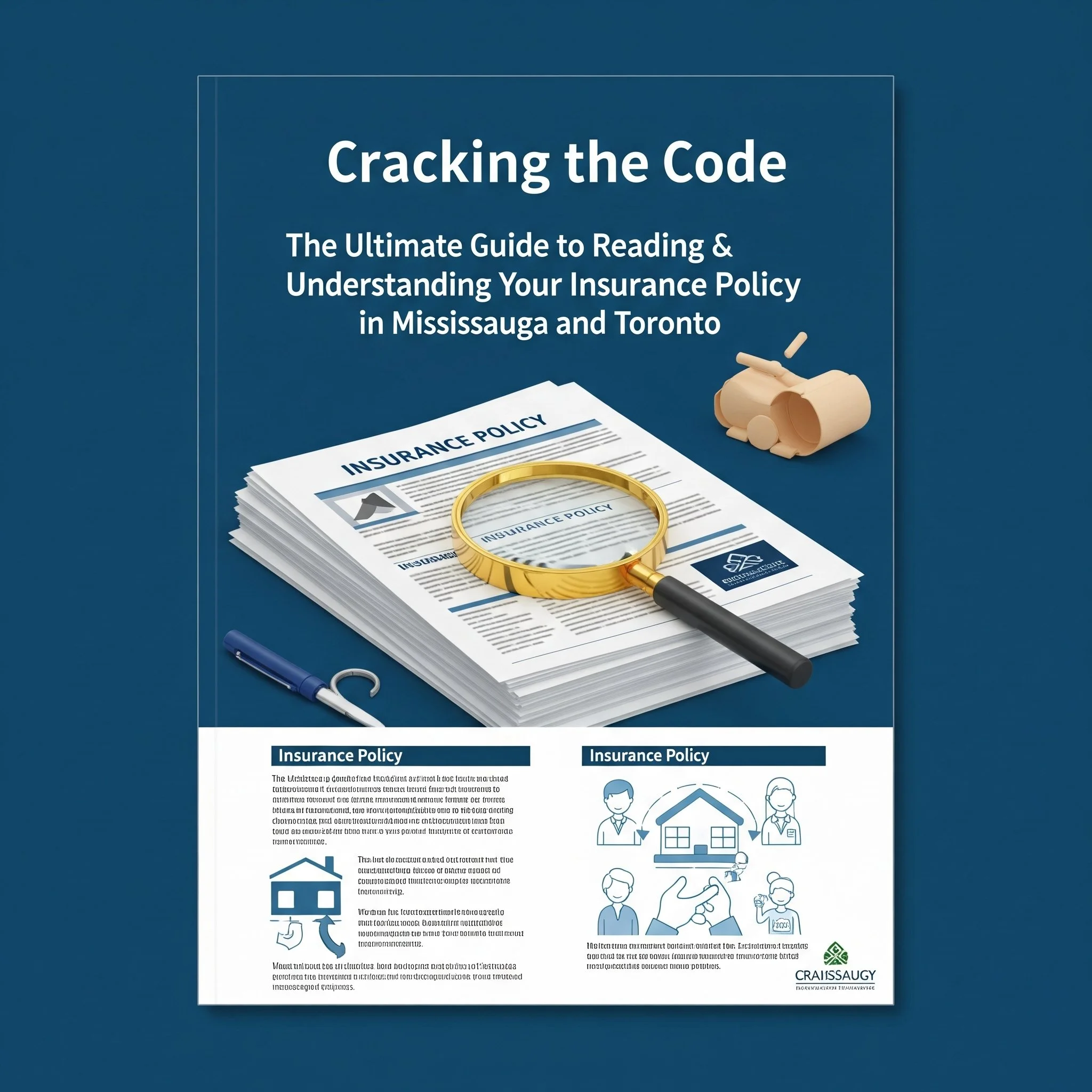When clients open their insurance policy documents, most are greeted by a wall of unfamiliar terms, numbers, and legal phrases. As a seasoned insurance broker serving Mississauga and Toronto, I know this confusion all too well—so let’s bridge the gap. Unlock the power of your policy: this guide will teach you how to read, understand, and leverage your insurance documents with confidence.
Why Understanding Your Policy Matters
Your insurance policy is a legal contract between you and your insurer, outlining the coverage you’ve purchased, the rights you have, and what’s excluded or limited. Misunderstanding any section can lead to denied claims, gaps in coverage, or financial surprises.
The Anatomy of Your Ontario Insurance Policy
Here’s what every Ontario policy typically includes—much the same for auto, home, or life insurance345:
Declaration Page: This is the “summary” sheet. Find your name, the insured property or vehicle, policy number, and effective/expiry dates.
Coverage Details: Lists types of coverage (e.g., liability, accident benefits, property damage), with coverage limits for each.
Premiums & Deductibles: The amount you pay and what’s out-of-pocket if you claim.
Exclusions: Specific cases or losses not covered. Always read this! For example, floods often require special endorsements for coverage.
Endorsements/Riders: Amendments adding, modifying, or excluding coverage.
Top Tips from a GTA Broker
Check All Personal Details: Incorrect names, addresses, or property details can complicate claims.
Know Your Coverages: Minimum car liability coverage in Ontario is $200,000, but most brokers recommend at least $1M for the GTA’s busy roads.
Understand Optional Extras: From increased liability to water damage endorsements for your Toronto condo, your policy should match your real risks—not just the minimums.
Ask About Exclusions: Don’t assume—ask your broker about what’s NOT covered.
Digitize & Organize: Use online services (like your insurer’s portal) to keep digital copies of all documents for easy access.
Frequently Asked Questions
Q: What does “direct compensation property damage” mean in Ontario auto insurance?
A: If another driver is at fault for a collision in Ontario, you claim directly from your own insurer for damage and loss of use, not theirs. This only applies under certain conditions—ask your broker if you’re unsure.
Q: Do I need to update my policy if I move within the GTA?
A: Yes! Address changes can impact premiums and your coverage validity. Always notify your insurer promptly.
Q: How do I dispute a denied claim or coverage issue?
A: Contact your insurer’s complaint officer. If unresolved, escalate to the OmbudService for Life & Health Insurance or the Financial Services Regulatory Authority of Ontario (FSRAO).
Q: Are digital policy copies valid in Ontario?
A: Absolutely. Digital policies are standard and valid across Ontario—just make sure you can access and produce them if needed4.

